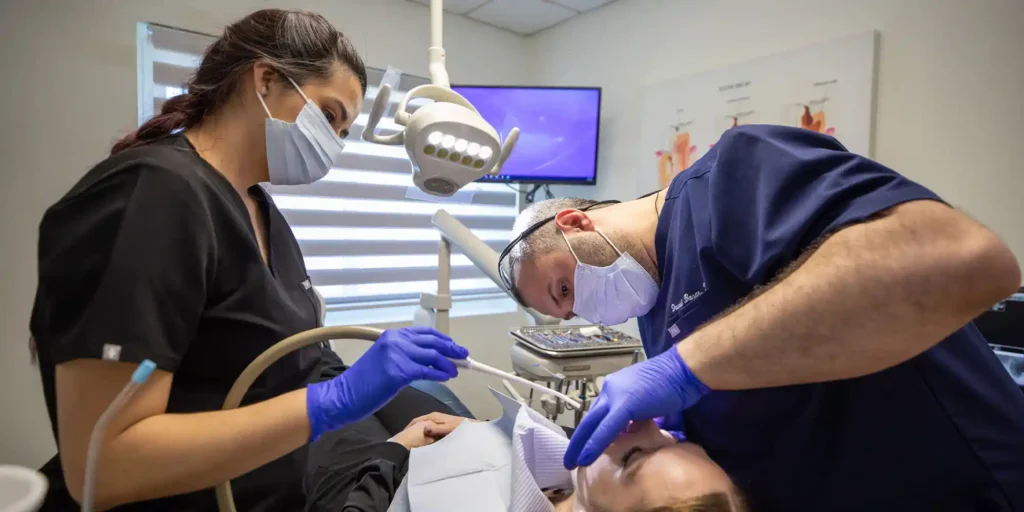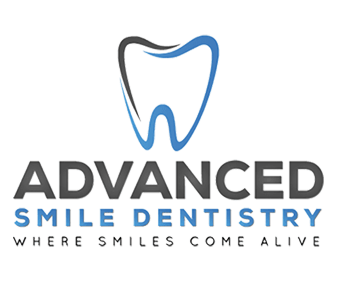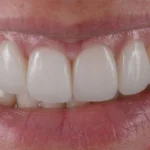How Much are Veneers Cost

#1How Much do Veneers Cost🤑
Veneers are a popular cosmetic dentistry solution that can transform your smile and boost your self-confidence. However, when considering veneers, one of the first questions that often comes to mind is, “how much are veneers?”
We will explain the factors that influence veneer prices, explore the different types of veneers, and provide you ıt answers the question “How much do veneers cost for both porcelain dental veneers and zirconia veneers?”
-
Factors Affecting Veneer Costs:
Please keep in mind that these prices can vary significantly depending on various factors such as location, the specific dental clinic, the expertise of the dentist, and the number of veneers you need. Prices are typically given per veneer:
Types of Veneers |
Cost of Veneers |
|---|---|
| Porcelain Veneers | $800 – $2,500 |
| Composite Veneers | $250 – $1,500 |
| Lumineers | $800 – $2,500 |
| No-Prep Veneers | $800 – $2,500 |
| EMAX Veneers | $800 – $2,500 |
| MAC Veneers | $800 – $2,500 |
| Zirconia Veneers | $1,000 – $2,500 |
How much are porcelain veneers cost can vary widely depending on several factors. Understanding these factors will help you better gauge the potential expenses associated with your veneer treatment:
a. Type of Veneers:
Veneers come in different materials, with porcelain and zirconium being the most common options. The choice of material significantly influences the veneers cost.
b. Geographic Location:
The cost of living and demand for cosmetic dentistry services in your area can impact the price of veneers. Expect prices to be higher in metropolitan areas.
c. Dentist’s Experience and Reputation:
Experienced and renowned cosmetic dentists may charge higher fees for their expertise and track record of successful veneer procedures.
d. Number of Teeth:
The number of teeth requiring veneers plays a crucial role in determining the total veneers cost. Individual veneers are priced per tooth, so more teeth mean higher costs.
e. Additional Procedures:
If your teeth require preparatory work or other treatments like teeth whitening before veneers, these additional procedures will affect the overall cost.
Porcelain Tooth Veneers Cost Range:
Porcelain cost of veneers are a popular choice due to their natural appearance and durability. On average, the price range for porcelain tooth veneers per tooth falls between $800 and $2500.
Keep in mind that this is a rough estimate and can vary based on the factors mentioned above.
Zirconium Crown Price Range:
Zirconium crowns are another popular choice for dental restorations. The price range for zirconium crowns per tooth generally falls between $1000 and $2500.
As with porcelain veneers, these costs can vary depending on the aforementioned factors.
#2Reasons for Price Variations Between Porcelain Veneers and Zirconium Veneers:
Understanding why veneer cost vary can help you make an informed decision about your investment:
a. Material Quality: The quality of the porcelain or zirconium used for veneers can influence the cost. High-quality materials often command higher prices.
b. Customization: Custom-made veneers, tailored to match your unique smile and preferences, tend to be pricier than off-the-shelf options.
c. Dental Lab Fees: The fees charged by dental laboratories that craft the veneers also contribute to the overall cost.
d. Dentist’s Expertise: Experienced cosmetic dentists, known for their exceptional skills, may charge more for their services.
When considering “how much are veneers per tooth”, it’s essential to consult with a qualified dentist who can provide you with a personalized treatment plan and an accurate cost estimate.
#3Porcelain Veneers Before and After


#4Are there other types of veneers?
Yes, there are other types of veneers apart from porcelain and zirconium veneers. While porcelain and zirconium veneers are among the most popular options due to their durability and natural appearance, there are a few other materials used for veneers, each with its own unique characteristics. Here are a few additional types of veneers:
-
Composite Resin Veneers:
- Composite resin veneers are made from a tooth-colored resin material that is directly applied and shaped on the teeth. This type of veneer is typically more affordable than porcelain veneers but may not be as long-lasting. Composite resin veneers can be a good option for minor cosmetic improvements.
-
Lumineers:
- Lumineers are a brand of ultra-thin porcelain veneers. They are even thinner than traditional porcelain veneers, which means they often require little to no tooth enamel removal during the application process. Lumineers are known for their minimally invasive nature and can be a suitable choice for some patients.
-
No-Prep Veneers:
- No-prep veneers, as the name suggests, involve minimal or no tooth reduction before placement. They are typically made from ultra-thin porcelain or composite resin. No-prep veneers are a conservative option for those who want to preserve as much of their natural tooth structure as possible.
-
EMAX Veneers:
- EMAX is a type of ceramic material used for veneers that offers both strength and aesthetics. These veneers are known for their translucency and lifelike appearance. EMAX veneers are a popular choice for cosmetic dental work.
-
Feldspathic Veneers:
- Feldspathic veneers are crafted from layers of porcelain and are known for their exceptional aesthetics and natural look. They require precise customization and are often used for front teeth where appearance is crucial.
Each type of veneer has its own advantages and considerations, so a thorough evaluation and discussion with your dentist will help you make an informed decision.
#5Teeth Prepped for Veneers
Before porcelain veneers are applied to teeth, certain preparations need to be made. These preparation procedures may include procedures such as removing a thin layer from the teeth, shaping them, or correcting them.
This allows porcelain veneers to fit better and achieve a natural appearance.
The preparation procedures may involve the following steps:
- Tooth reduction: A thin layer may be removed from the front surfaces of the teeth so that veneers can be placed on top of them.
- Tooth shaping: The shape or size of the teeth can be altered to achieve the desired aesthetic result.
- Determining tooth color: The tooth color is determined to match the desired shade for the veneers.
- Application of temporary veneers: While the veneers are being custom-made in a specialized laboratory, temporary veneers may be applied temporarily to the teeth.
The preparation procedures should be done carefully, without causing harm to the health of the teeth, and in a way that helps the individual achieve their aesthetic goals.
Teeth prepped for veneers are typically performed by a dentist or cosmetic dentist and are crucial for the successful application of porcelain veneers.




